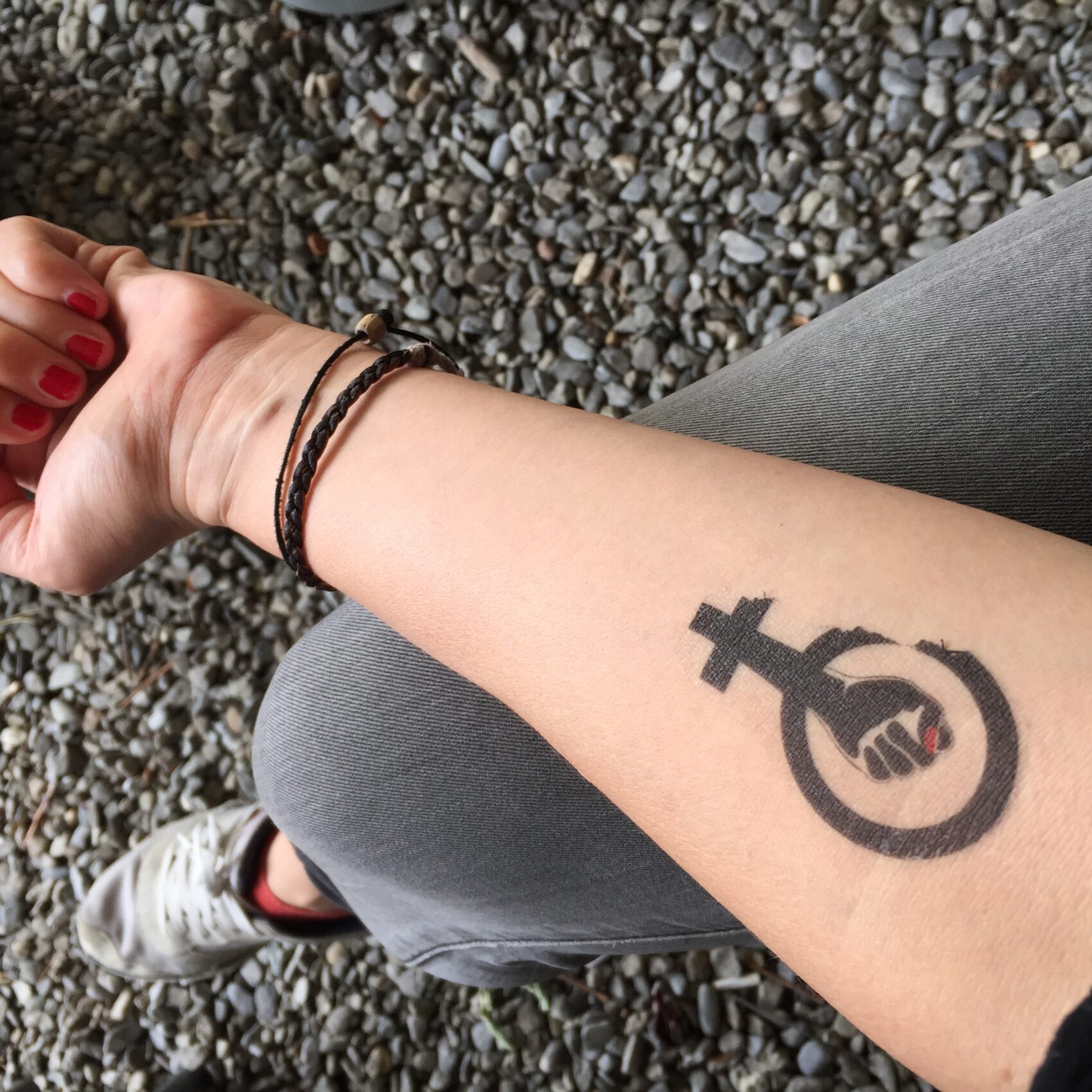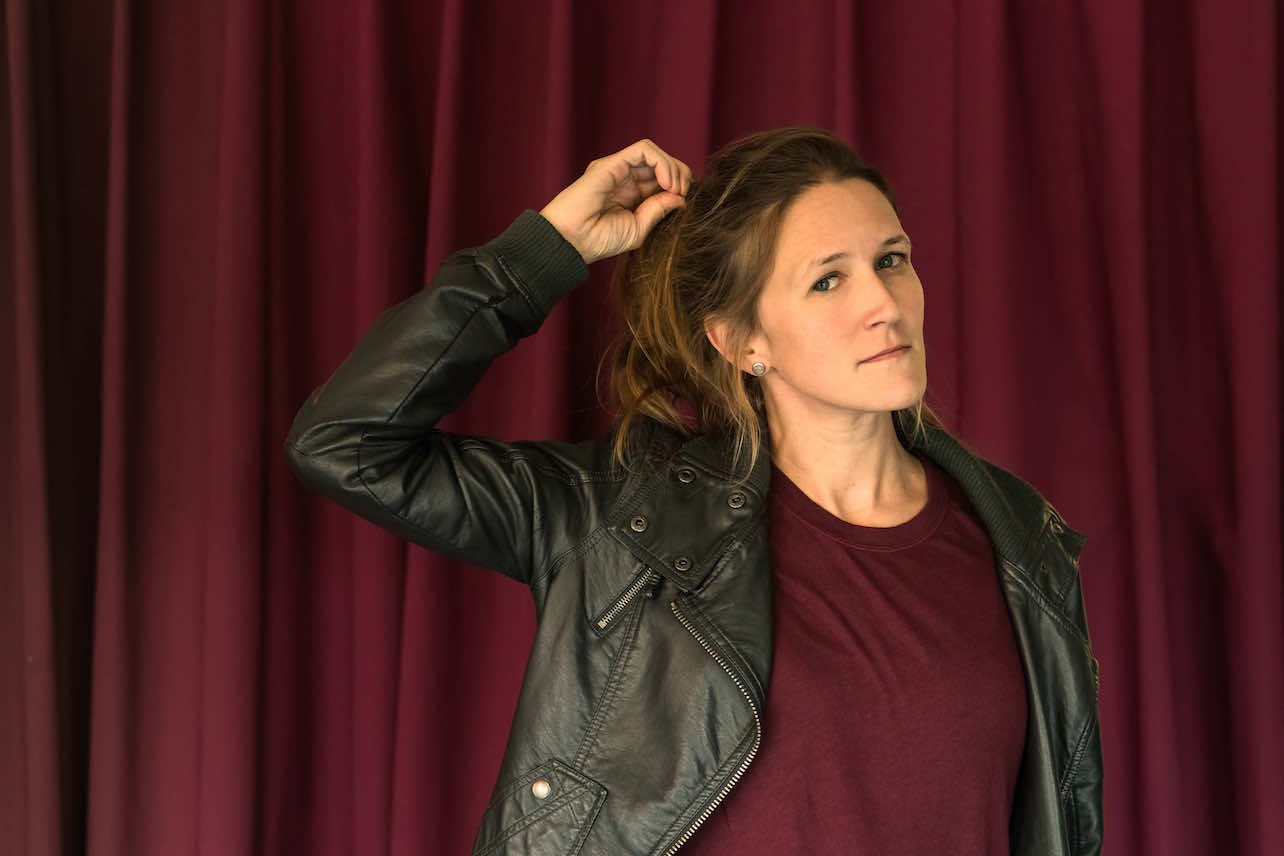STREIK!
Bei einem Streik zeigt sich die Demokratie auf der Straße. Und Streik ist wirksam.
Auch in der Schweiz? Anscheinend – und wie!
Beim Frauenstreik am 14. Juni 2019 gingen landesweit rund eine halbe Million Frauen und Männer auf die Strasse. Gründe gab es genug: Der bezahlte Mutterschaftsurlaub dauert in der Schweiz nur 14 Wochen, und für Väter gerade mal einen Tag. Die Schweiz ist in Sachen Elternzeit und Familienfreundlichkeit absolutes Schlusslicht Europas.
Eine repräsentative Studie besagt, dass in der Schweiz jede fünfte Frau ab 16 Jahren selber sexuelle Gewalt erlebt hat. Hochgerechnet sind das 800’000 Schweizer Frauen – das wäre somit rund zweimal die ganze Stadt Zürich. Der unerklärte Lohnunterschied zwischen gleichqualifizierten Männern und Frauen beträgt 7,4 %. Und in einem der reichsten Länder der Welt ist jede sechste alleinerziehende Mutter von Armut betroffen.
Daneben gab es im vergangenen Jahr auch in der Schweiz regelmässige Climate Strikes – Friday für Future und Extinction Rebellion wachsen und sind durch Aktionen präsent.
Und diese beiden Bewegungen sorgten nun für deutliche Auswirkungen:
Nach den Nationalen Wahlen am 20. Oktober stieg der Frauenanteil im Parlament von 32 % auf ein Rekordhoch von über 41 %!
Und dank einem enormen Sieg der Grünen Partei, kommt es zu einem historischen Linksrutsch im Parlament. Während die politische Landschaft in Europa also vielerorts nach rechts ausschlägt, drehen sich die Verhältnisse in der Eidgenossenschaft.
Der Frauenstreik und die Klimabewegung, die das politische Jahr 2019 vor allem von der Strasse aus prägten, zeigen nun ihre deutliche Wirkung.
Ein politischer Erdrutsch in der langsamen Schweiz, die sich auch schon als Seismograph des politischen Europas herausstellte.
STRIKE!
A strike is when democracy takes to the streets. And strikes make a difference.
Even in Switzerland? Looks like it—a big difference!
At the Women’s Strike on 14 June 2019, about half a million women and men took to the streets. They had no shortage of reasons. Paid maternity leave is only fourteen weeks in Switzerland and paternity leave is—wait for it—just one day. When it comes to parental leave and family-friendly policies, Switzerland is firmly at the bottom of the European list.
According to an official survey, one in five women in Switzerland over the age of sixteen have been subject to sexual assault. That makes 800 000 Swiss women—about twice the population of Zurich. The unexplained pay gap between men and women who are equally qualified is 7.4 per cent. And in one of the world’s richest countries, one in six single mothers are affected by poverty.
As well as the Women’s Strike, there were regular climate strikes in Switzerland last year: Friday for Future and Extinction Rebellion are growing fast and making their presence felt.
These two movements have had a significant impact:
After the general elections on 20 October the proportion of women in parliament rose from 32 per cent to a record high of more than 41 per cent.
And thanks to the Green Party’s huge victory, there has been an historic shift to the left in Swiss parliament. While in many parts of Europe, the political landscape is moving to the right, the shift in the Swiss Confederation is in the opposite direction.
The Women’s Strike and the climate movement which shaped the politics of 2019 from the streets are beginning to have a big impact.
We are seeing a political landslide in slow Switzerland—a country that has previously served as a political seismograph for Europe.
Translation: Imogen Taylor
Share
-
26 Donnerstag
Das Helvetische Fest
Mit Lesungen von Martina Clavadetscher, Marina Skalova, Gianna Molinari und Alain Claude Sulzer
Musik: Blackburg alias Aurora Pajón Fernández (Quer- & Bassflöte), Emile Van Helleputte (Kontrabass) und Ramon Bischoff (Mischpult & Elektronik) -
06 Montag
Schweizer Buchpreis 2017
Die Nominierten Martina Clavadetscher, Urs Faes und Lukas Holliger in Lesung und Gespräch
Moderation: Philipp Theisohn
Veranstaltungen mit Martina Clavadetscher
2018
Juli
2017
November












